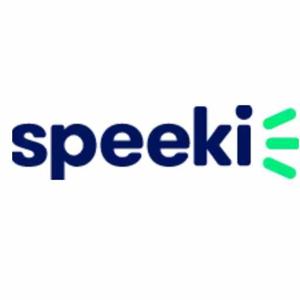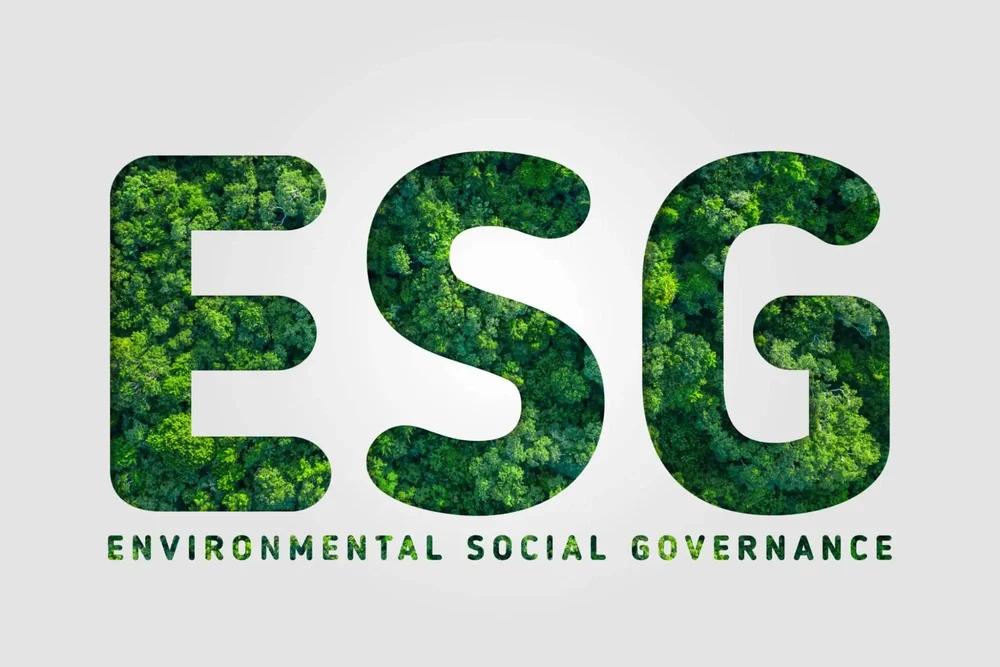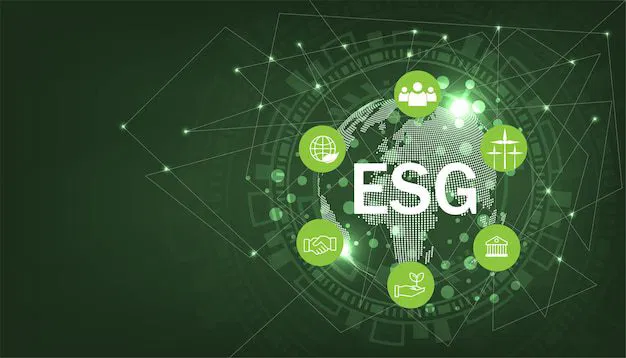
As businesses face growing pressure from stakeholders to demonstrate transparency and accountability, sustainability reporting has become a vital aspect of corporate operations. The IFRS Sustainability Disclosure standards—particularly the ISSB's IFRS S1 and S2—offer a globally consistent framework for companies to communicate how sustainability risks and opportunities impact their financial outlook. While not a certification, these reporting standards help organizations enhance clarity, comparability, and credibility across markets.
Understanding IFRS Sustainability Disclosure
The International Financial Reporting Standards (IFRS) Foundation, through its International Sustainability Standards Board (ISSB), has introduced sustainability-related disclosure standards to integrate non-financial information with financial reporting. IFRS S1 provides a foundation for general sustainability-related disclosures, while IFRS S2 focuses specifically on climate-related risks and opportunities.
These standards are designed to meet the information needs of investors and other capital market participants, ensuring that sustainability-related data is material, reliable, and decision-useful. As a result, IFRS sustainability disclosure is rapidly becoming the benchmark for organizations aiming to align with investor expectations.
Why Stakeholders Are Paying Attention
1. Transparency and Credibility
Adopting IFRS sustainability guidelines sends a strong message of transparency to stakeholders. Investors, regulators, and customers are increasingly seeking access to standardized sustainability data. By aligning with IFRS reporting standards, companies provide credible, comparable information that strengthens stakeholder trust and reduces ambiguity around long-term risks.
2. Informed Investment Decisions
Investors today are not only concerned with short-term profits but also long-term sustainability. IFRS-compliant disclosures give them the tools to assess an organization’s environmental, social, and governance-related financial impacts. Reliable reporting supports better risk management, encourages responsible investing, and allows for clearer market differentiation.
3. Enhanced Reputation and Brand Value
Companies that proactively adopt global disclosure standards position themselves as forward-thinking and responsible. This strengthens corporate reputation, improves stakeholder relationships, and builds trust among consumers, employees, and business partners. Transparency fosters loyalty and strengthens long-term business sustainability.
Integrating IFRS Sustainability into Corporate Strategy
For many companies, aligning with IFRS standards requires a transformation in how sustainability data is collected, assessed, and reported. Cross-functional collaboration between finance, risk management, operations, and sustainability teams is essential to produce meaningful disclosures.
Moreover, digital tools and software solutions are increasingly critical in managing sustainability data. These platforms offer integrated dashboards, audit trails, and workflow automation to streamline compliance and ensure that disclosures meet the IFRS Foundation’s expectations.
Regulatory Trends and Market Expectations
While the IFRS Sustainability Disclosure standards are not mandatory in all jurisdictions, many regulatory bodies around the world are exploring ways to incorporate them into national reporting frameworks. This trend indicates that voluntary adoption today may become a regulatory requirement tomorrow. Companies that get ahead of the curve will be better equipped to handle future reporting obligations and minimize compliance risks.
Bridging Sustainability and Financial Performance
Unlike traditional sustainability reporting, IFRS standards are deeply rooted in financial relevance. They bridge the gap between non-financial disclosures and financial outcomes by requiring companies to articulate how sustainability factors influence their cash flows, access to finance, and overall enterprise value.
This alignment between sustainability and financial performance gives stakeholders a more complete picture of a company’s resilience and adaptability, critical factors for long-term success.
Conclusion
Adopting IFRS sustainability disclosure standards is more than just a regulatory step—it’s a strategic move to gain stakeholder trust, strengthen market confidence, and prepare for a future where sustainability reporting is integral to business performance. Companies that lead the way in implementing these reporting standards demonstrate a commitment to transparency, accountability, and long-term value creation. The result? Stronger stakeholder relationships, competitive advantage, and sustainable growth.












Write a comment ...